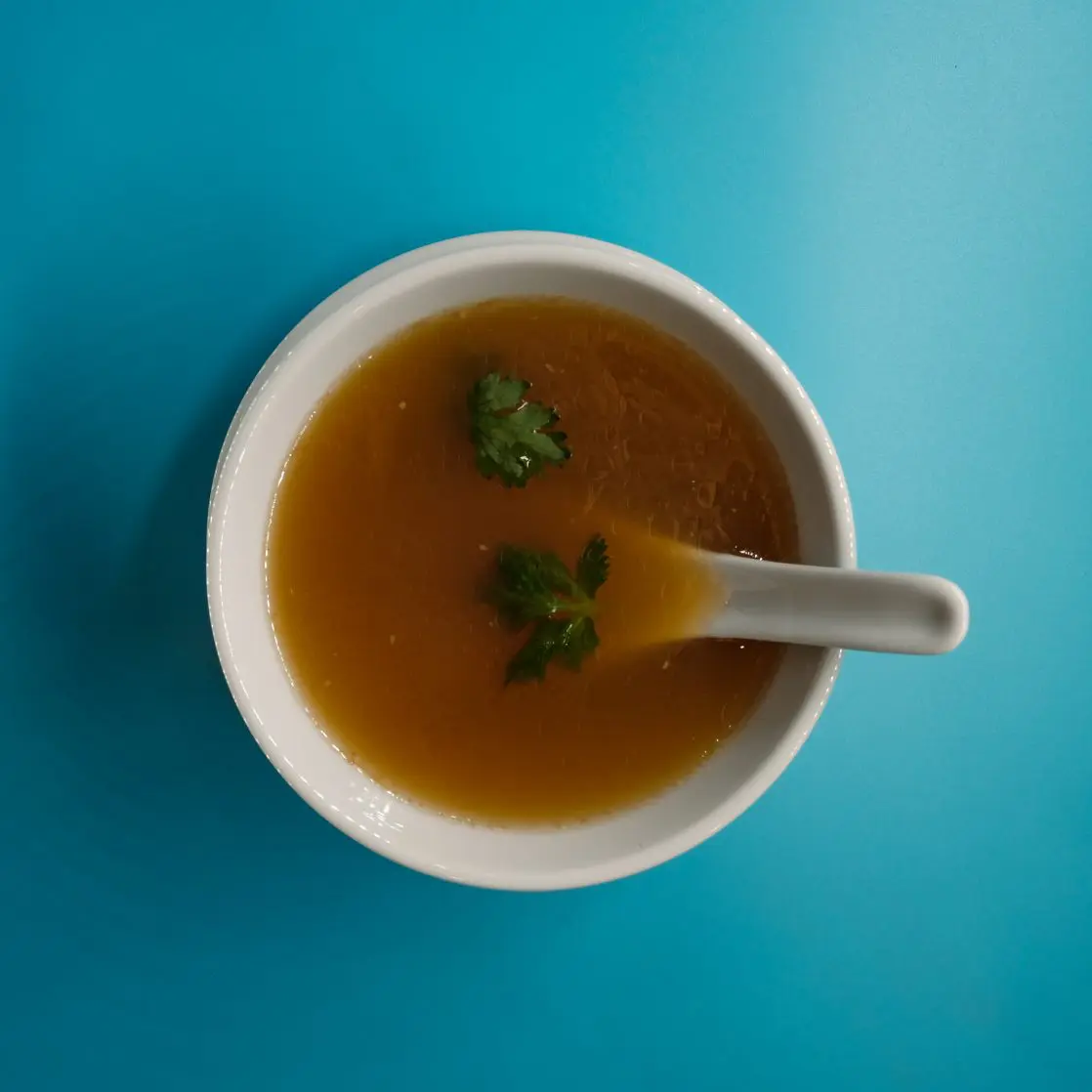
Cold Weather Nutrition For Seniors
- Winter Nutrition Challenges: Seniors face vitamin D deficiency from less sunlight, dehydration from dry air, and appetite changes requiring nutrient-dense foods and strategic meal planning.
- Smart Food Solutions: Use frozen fruits/vegetables, vitamin C-rich foods, shelf-stable nutrients, and batch cooking soups and stews for harsh weather days.
- Seasonal Eating: Focus on warming foods like squash and root vegetables, use slow cookers, stay hydrated with warm beverages, and embrace hearty seasonal eating while maintaining quality nutrition.
Those cold winds blowing, the frigid temperatures of those freezing nights, they are NOT kind. All Canadians know about that special chill that sets into the bones, making you scurry for thick quilts and a steaming cup of hot cocoa. But no one feels it more than our seniors.
The winter season holds some special concerns for seniors. Not only do they have to contend with colds and flu, but heart attacks and high blood pressure also become more common in winter. The cold snaps increase blood pressure and put a strain on the heart. Along with keeping the internal fires burning, seniors need to consume a balanced diet that addresses a declining appetite and nutritional imbalances.
More confinement indoors due to the cold leads to a lack of vitamin D consumption; dryer air means more dehydration all the while thirst is not as keenly felt in cooler weather. Be mindful of taking in Vitamin C to combat the viruses that proliferate during the colder seasons. Make conscious choices to consume more fresh fruits and vegetables instead of starchy convenience foods, will help seniors weather the cold with a good, healthy digestive system.
Winter Appetite Changes and Solutions

The cold weather does funny things to our appetites. Some seniors find themselves craving heavier, comfort foods – those rich casseroles and baked goods that seem to call out from the kitchen. Others experience the opposite, finding their appetite diminished by shorter days and less activity. Both scenarios present nutritional challenges that need addressing.
When appetite decreases in winter, every bite needs to count nutritionally. This isn’t the time for empty calories or processed snacks. Think nutrient-dense foods that pack a powerful punch in smaller portions. A small bowl of Greek yogurt with berries and nuts can deliver protein, probiotics, and antioxidants all in one satisfying serving.
The Winter Hydration Challenge
That Canadian winter air is brutal on hydration levels. Indoor heating systems suck moisture right out of the air, and when we’re bundled up in cozy sweaters, we don’t always notice how parched we’ve become. Seniors are already at higher risk for dehydration, and winter compounds this problem significantly.
The trick is making hydration appealing when it’s freezing outside. Nobody wants an ice-cold glass of water when they’re already shivering! Herbal teas, warm broths, and even that hot cocoa mentioned earlier all contribute to fluid intake. Just watch those added sugars – they can sneak up quickly in winter comfort drinks.
Winterize Senior Nutrition
- Keep drinking water. Warm tea, hot apple ciders and hot cocoa are great to include in the winter but be aware of the extra sugar
- Enhance food with vitamin-rich vegetables – add to soups
- Increase vitamin-D fortified foods such as grains, and seafood, if applicable
- Increase nutrient density, and worry less about portion sizes – healthy fats like avocado, olive oil are great, and fill you up
- Include SQUASH – full of nutrients, hearty, and can be roasted, baked, pureed and mashed – they make great warming soups
- Any root vegetable in the winter is filled with protein and dietary fiber – carrots, parsnips, beets, celery roots
Winter Vitamin Deficiencies: The Silent Struggle
Those gray Canadian winter days don’t just affect our mood – they wreak havoc on vitamin D levels. With less sunlight and more time indoors, seniors can develop significant deficiencies that impact bone health, immune function, and even mental wellbeing. Vitamin D-fortified milk becomes more than just a preference – it becomes essential.
But vitamin D isn’t the only nutrient that takes a hit during winter months. Fresh produce can be expensive and less appealing when it’s frigid outside. That’s when frozen fruits and vegetables become nutritional heroes. Flash-frozen at peak ripeness, they often contain more nutrients than fresh produce that’s traveled long distances in winter weather.
Vitamin C becomes crucial for fighting off those winter bugs that seem to circulate endlessly. Citrus fruits are wonderful, but don’t overlook other sources like bell peppers, broccoli, and even sauerkraut – foods that can be easily incorporated into warming winter meals.
Smart Shopping for Winter Nutrition
Grocery shopping in winter requires strategy. Stock up on shelf-stable, nutrient-dense foods that won’t spoil if a blizzard keeps you housebound for days. Canned salmon, nuts, dried fruits, and whole grains should become pantry staples. These foods provide the building blocks for nutritious meals even when fresh options are limited.
Consider batch cooking on warmer days when you have more energy. Prepare large pots of soup, stew, or chili that can be portioned and frozen for those days when cooking feels overwhelming. Having nutritious, homemade meals ready to reheat takes the pressure off daily meal planning during harsh weather.
The Magic of Winter Comfort Foods
Colder seasons are the BEST times for soup! Whether it’s pureed or a homemade broth, soup for seniors in the winter is a great way to get them through the cold days and nights in good, warm, health. There’s something deeply satisfying about ladling out a steaming bowl of hearty vegetable soup when the wind is howling outside. Check out some of these links here and here for great soup ideas!
Slow cookers become your best friend during winter months. Toss in some root vegetables, broth, and protein in the morning, and come home to a house filled with incredible aromas and a meal that’s ready to warm you from the inside out. The gentle, moist heat also helps combat that dry winter air.
Don’t forget about the power of spices to warm the body naturally. Ginger, cinnamon, cayenne, and turmeric not only add flavor but can actually help improve circulation and provide anti-inflammatory benefits. A cup of golden milk with turmeric before bed can be both soothing and beneficial.
Winter Weight Management: A Delicate Balance
Winter weight gain is common among seniors, often due to decreased activity and increased comfort eating. However, the goal isn’t restriction during these harsh months – it’s about making smart choices that satisfy both hunger and nutritional needs. Dense, warming foods like oatmeal with nuts and berries can keep you fuller longer than sugary pastries.
The key is embracing seasonal eating patterns while maintaining nutritional quality. Those hearty stews and roasted vegetables aren’t just comfort food – they’re exactly what the body craves for sustained energy during cold months. Listen to those cravings for warming foods, but choose versions packed with vegetables, lean proteins, and healthy fats.


Comments 1
Pingback: Winter Home Safety Guide for Vancouver Seniors | 7 Essential Tips - myCareBase In-Home Senior Care